The habit of eating poop, scientifically known as coprophagy, is a somewhat common but often misunderstood behavior in dogs. While it may be unsettling for pet owners, this behavior can be observed across various dog breeds for different reasons, ranging from nutritional deficiencies to behavioral aspects. Certain breeds may be more inclined towards coprophagy due to their genetic makeup, historical breeding purposes, or even their general curiosity and eating habits. In this article, we explore the top 10 dog breeds that are most known for eating their poop. Understanding why each breed might be predisposed to this behavior can help owners effectively address and manage it, ensuring the health and well-being of their furry companions.
1. Labrador Retriever
Labrador Retrievers, known for their voracious appetites, are often inclined towards eating their poop. Their strong food motivation can sometimes extend to non-food items, including feces. This behavior in Labs could be attributed to their historical background as working dogs, where they had to scavenge for food, leading them to eat whatever they could find. Labradors may also engage in coprophagy out of boredom or if they are not receiving a nutritionally balanced diet. Ensuring they have a proper diet and ample mental and physical stimulation can help curb this behavior.
2. Beagle
Beagles, with their keen sense of smell and scavenging instincts, are also prone to poop-eating. Originally bred as hunting dogs, they have a natural tendency to explore with their noses, which can lead them to feces. This behavior can be driven by curiosity or as a remnant of their scavenging instincts. Ensuring Beagles are well-fed with a balanced diet and keeping their environment clean from fecal matter are effective ways to discourage this behavior.
3. Basset Hound
Basset Hounds, similar to Beagles, are scent hounds and can be inclined to eat poop due to their strong sense of smell and innate curiosity. Their low-to-the-ground stature also puts them in closer proximity to feces. Basset Hounds may engage in coprophagy out of boredom or if they are seeking extra nutrients. Providing a well-balanced diet, regular exercise, and keeping their environment clean can help prevent this behavior.
4. German Shepherd
German Shepherds may engage in coprophagy for various reasons, including nutritional deficiencies, anxiety, or as a learned behavior from their mother during puppyhood. As intelligent and active dogs, they require adequate mental stimulation and a nutritionally complete diet. Without these, they may turn to eating feces as a way to supplement their diet or as a behavioral response to stress or boredom. Addressing their dietary needs and providing plenty of mental and physical stimulation can help mitigate this habit.
5. Boxer
Boxers are energetic and playful dogs that may eat poop out of boredom or as part of exploratory behavior. Their high energy levels require sufficient exercise and mental engagement, and without it, they may resort to undesirable behaviors like coprophagy. Ensuring Boxers have a proper diet and engaging them in regular physical activities and training can help reduce the incidence of poop eating.
6. Shih Tzu
Shih Tzu might eat their poop due to dietary deficiencies or as a behavior learned during puppyhood. They can also engage in this behavior if they are anxious or seeking attention. Providing a balanced diet, ensuring they have a clean environment, and addressing any underlying anxiety or stress through behavioral training and environmental enrichment can help prevent coprophagy.
7. Golden Retriever
Golden Retrievers are known for their friendly and food-driven nature. This love for food can sometimes lead them to eat feces, especially if they are not getting enough nutrients from their regular diet. Additionally, Goldens may eat poop out of curiosity or boredom. Ensuring they have a well-balanced diet and are mentally and physically stimulated can help curb this habit.
8. Dachshund
Dachshunds may engage in coprophagy due to their innate hunting instincts and curiosity. They were bred to hunt and may see feces as a potential source of food, especially if they are not receiving adequate nutrition. Providing a nutritious diet and keeping their living area clean can help prevent this behavior.
9. Cocker Spaniel
Cocker Spaniels might eat poop if they have nutritional deficiencies or as a way to seek attention. They may also engage in this behavior due to stress or anxiety. Ensuring they receive a balanced diet, adequate exercise, and attention can help mitigate coprophagy. It’s also important to address any underlying behavioral or anxiety issues.
10. Miniature Schnauzer
Miniature Schnauzers, with their high energy and curiosity, may eat feces if bored or not properly stimulated. They might also do this due to dietary insufficiencies. Feeding them a balanced diet and providing plenty of mental and physical stimulation are key to preventing this behavior.

In conclusion, while coprophagy can be a distressing behavior for dog owners, it’s a relatively common issue across various breeds. The reasons behind this behavior can range from nutritional deficiencies to behavioral and instinctual factors. Understanding the specific needs and backgrounds of these breeds can help in effectively addressing and managing this behavior. Providing a nutritious diet, ensuring a clean living environment, and offering adequate mental and physical stimulation are key strategies in preventing coprophagy. If the behavior persists, consulting with a veterinarian or animal behaviorist can provide further guidance and support.
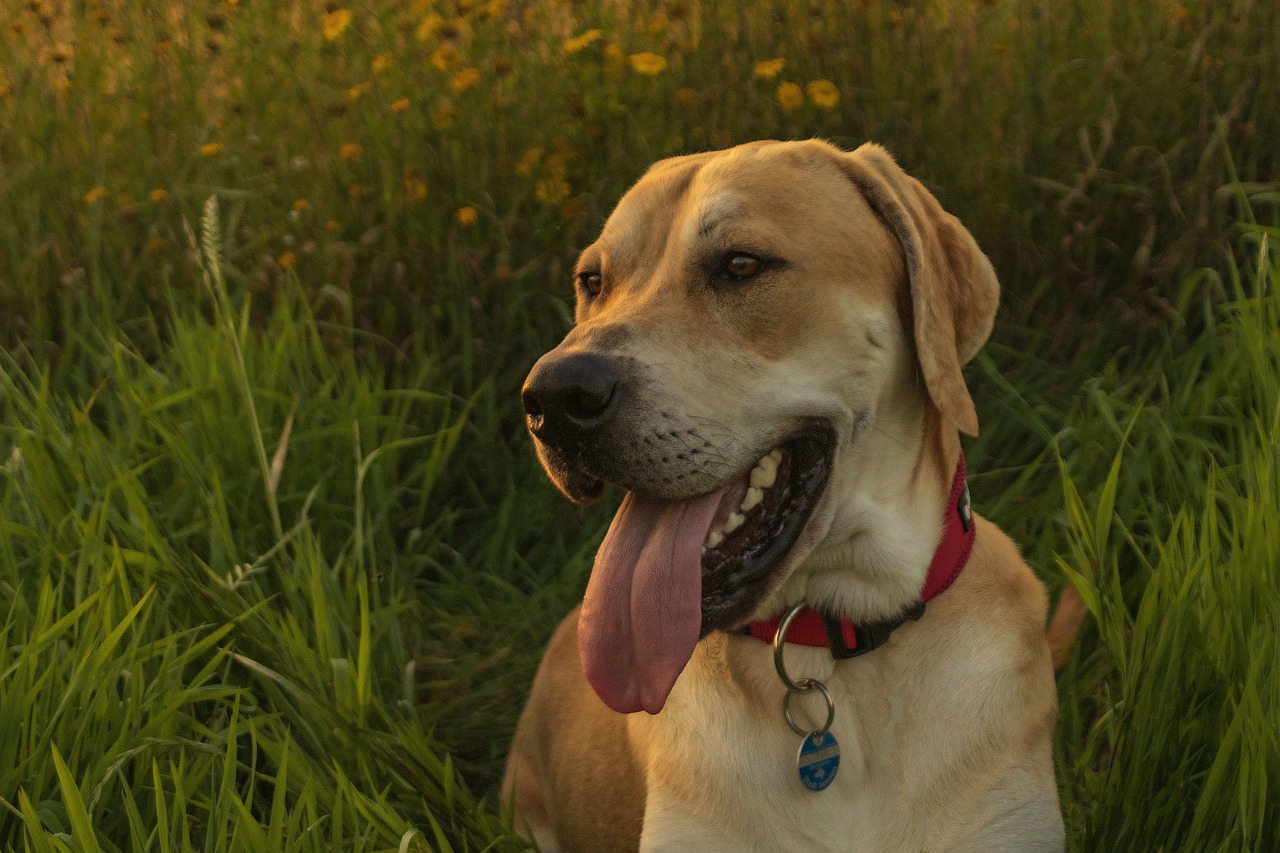
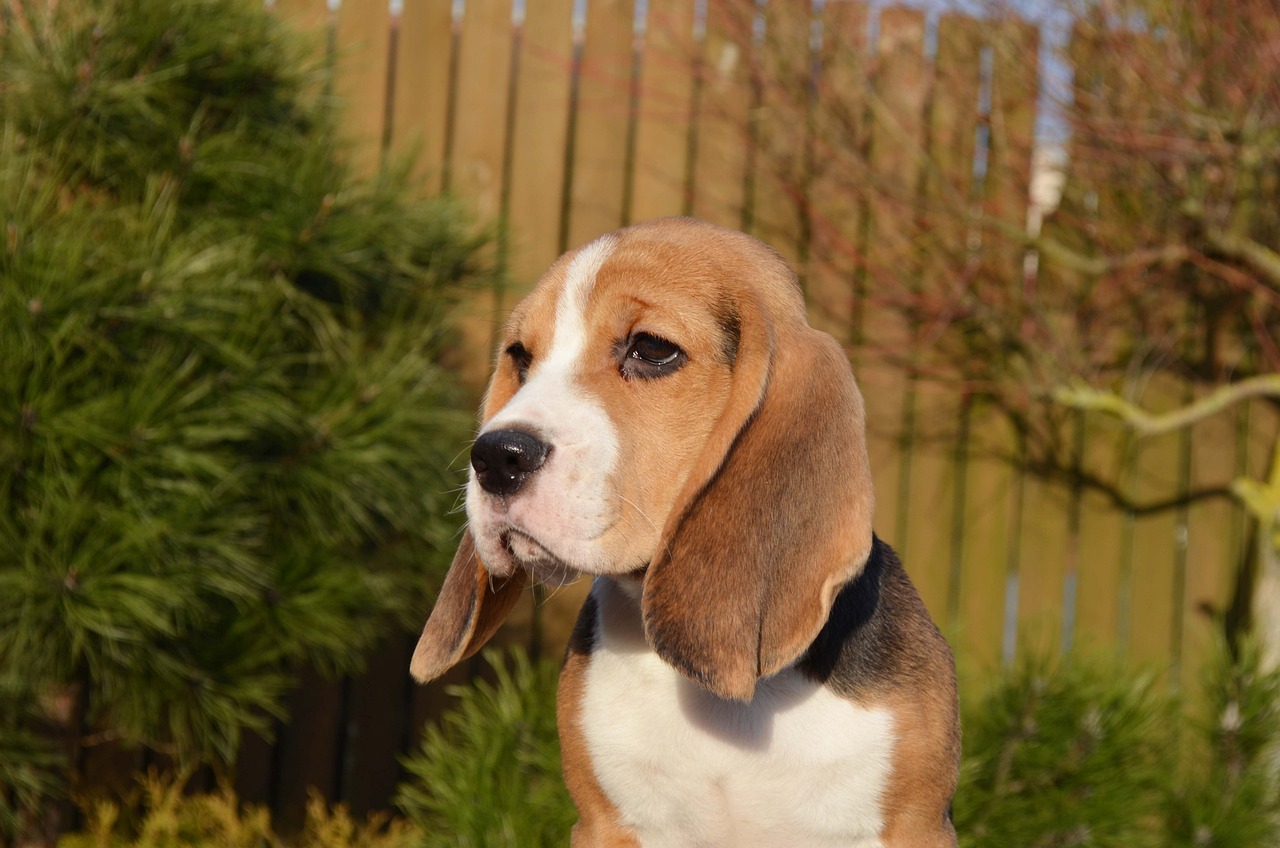


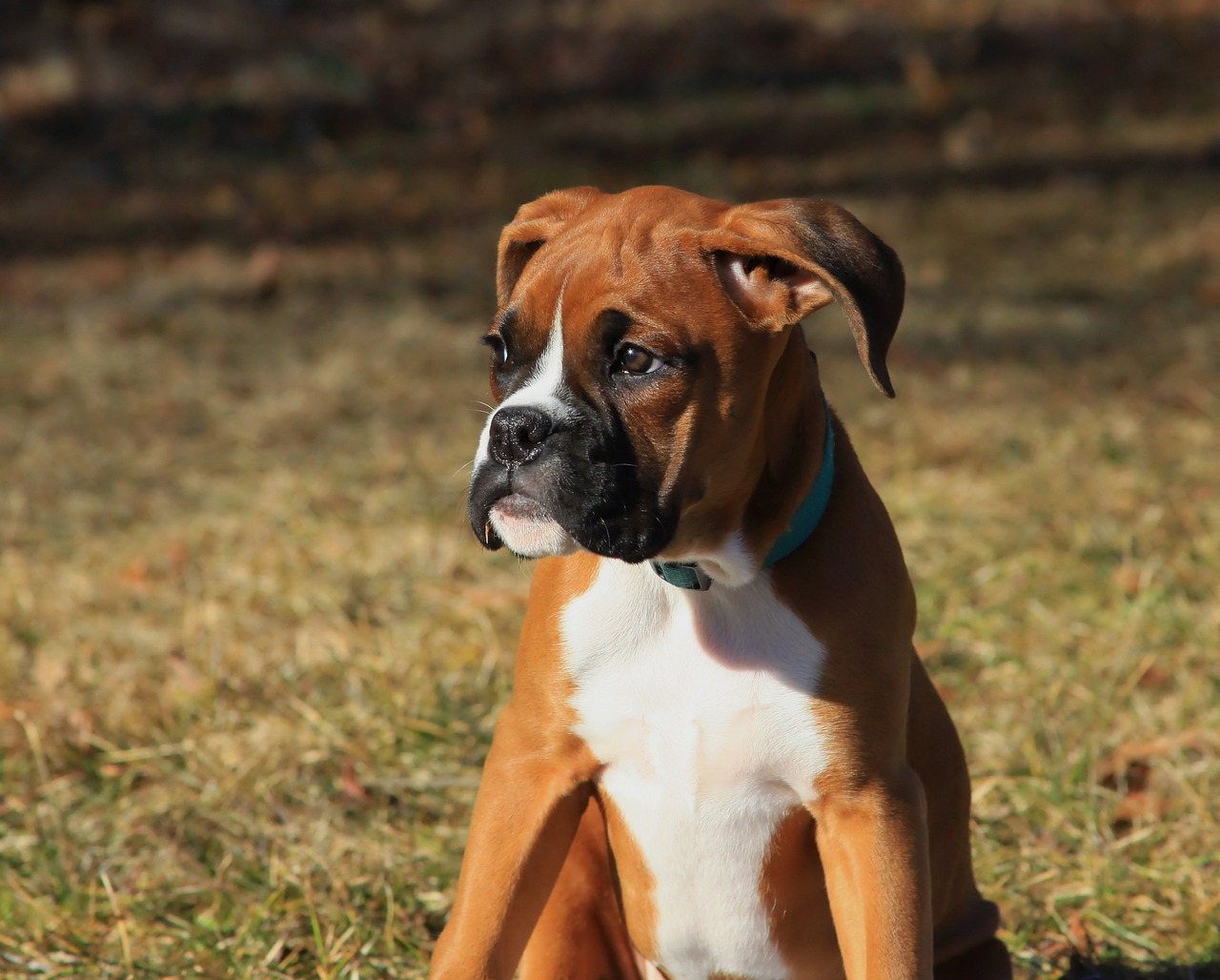

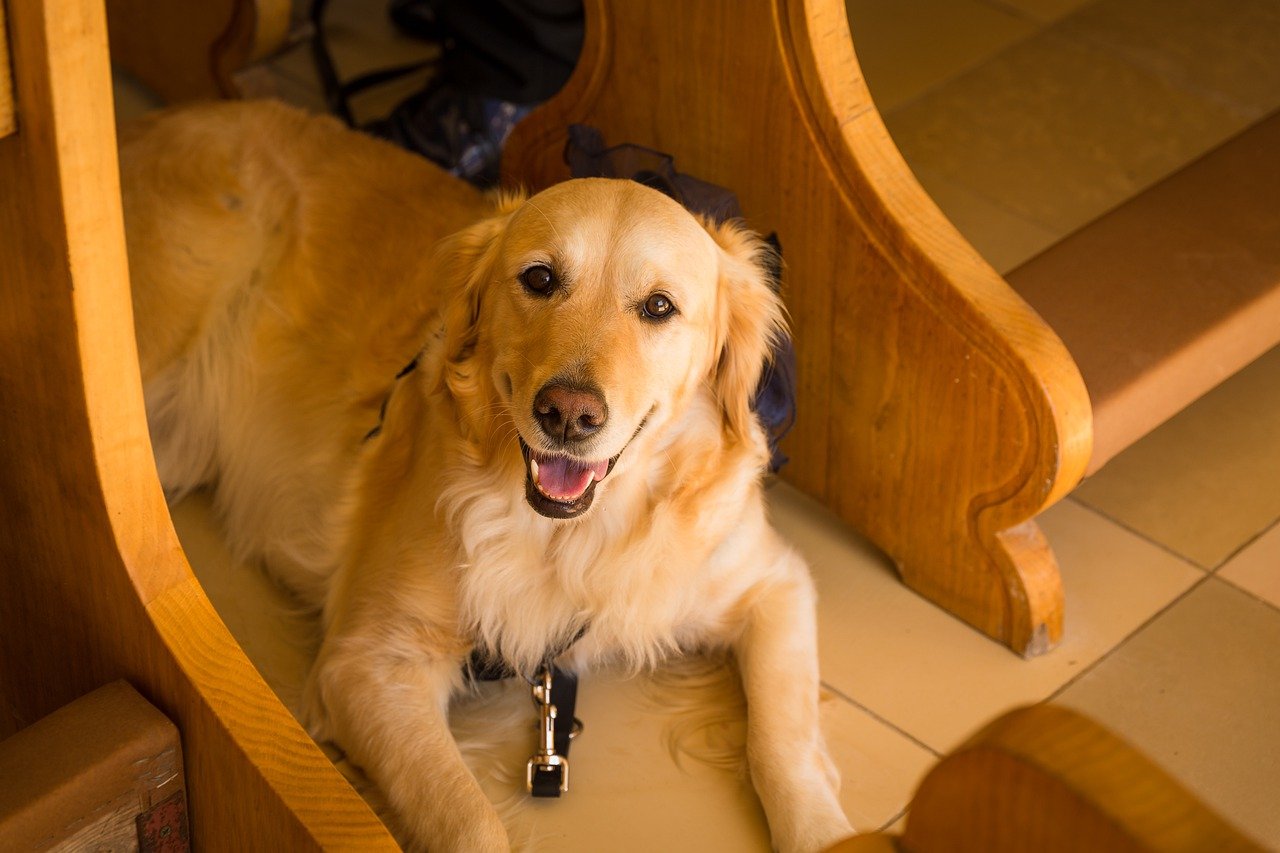
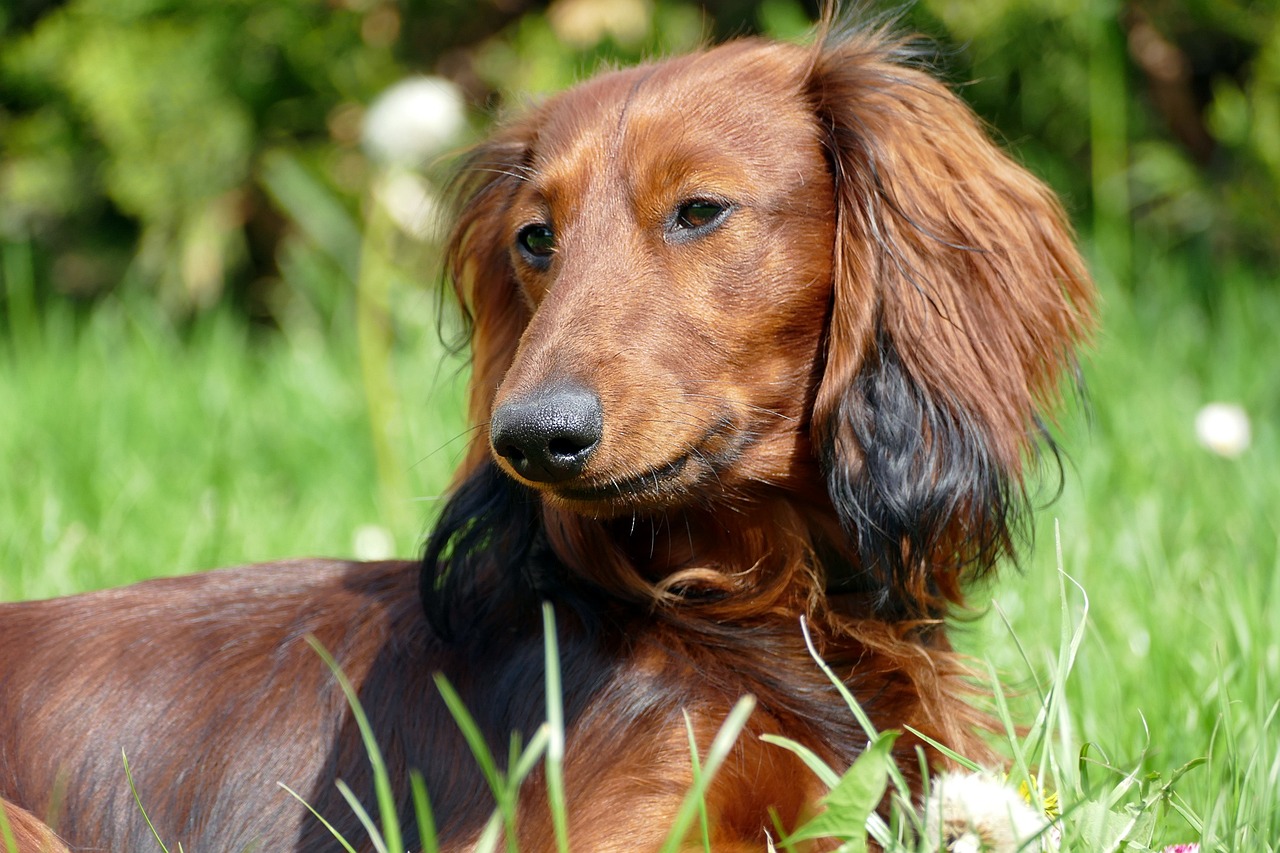
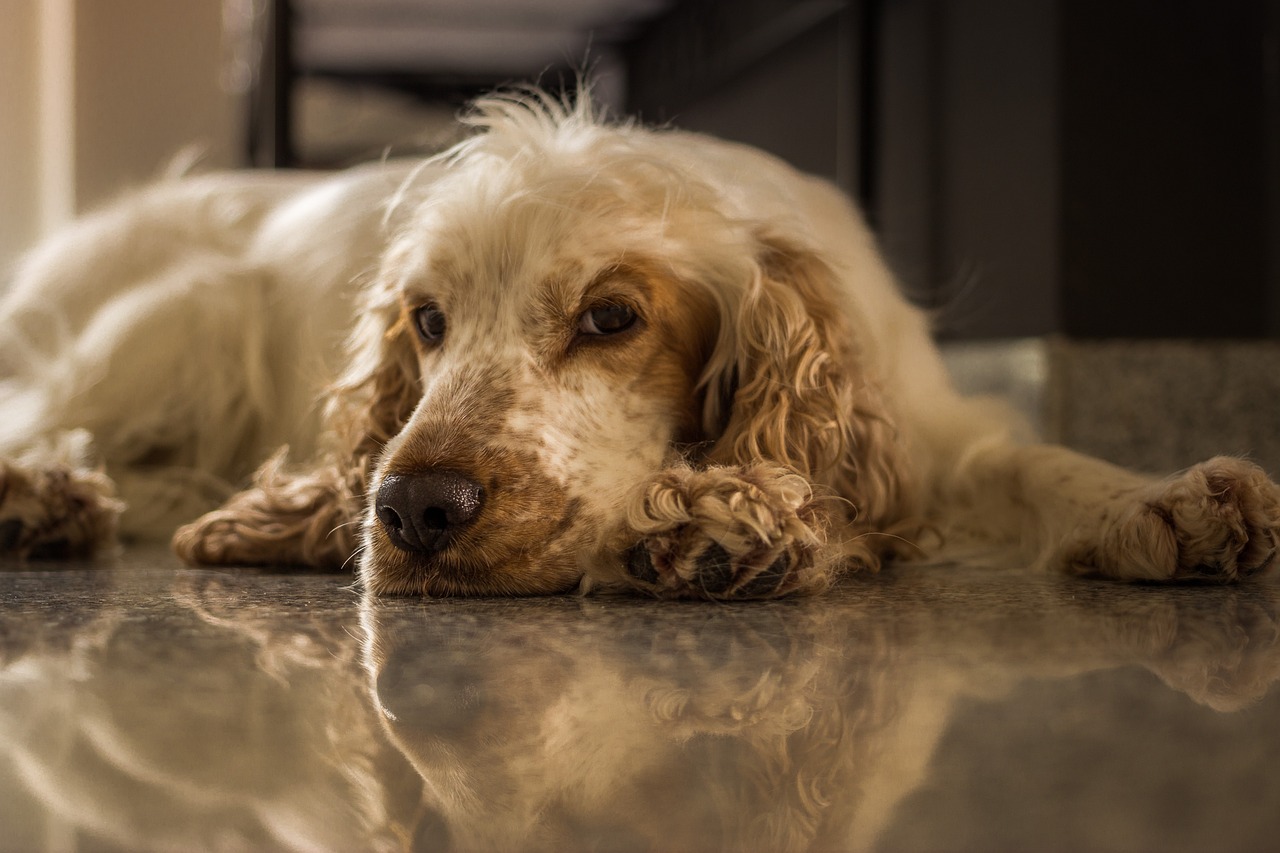
 Toledo, United States.
Toledo, United States.